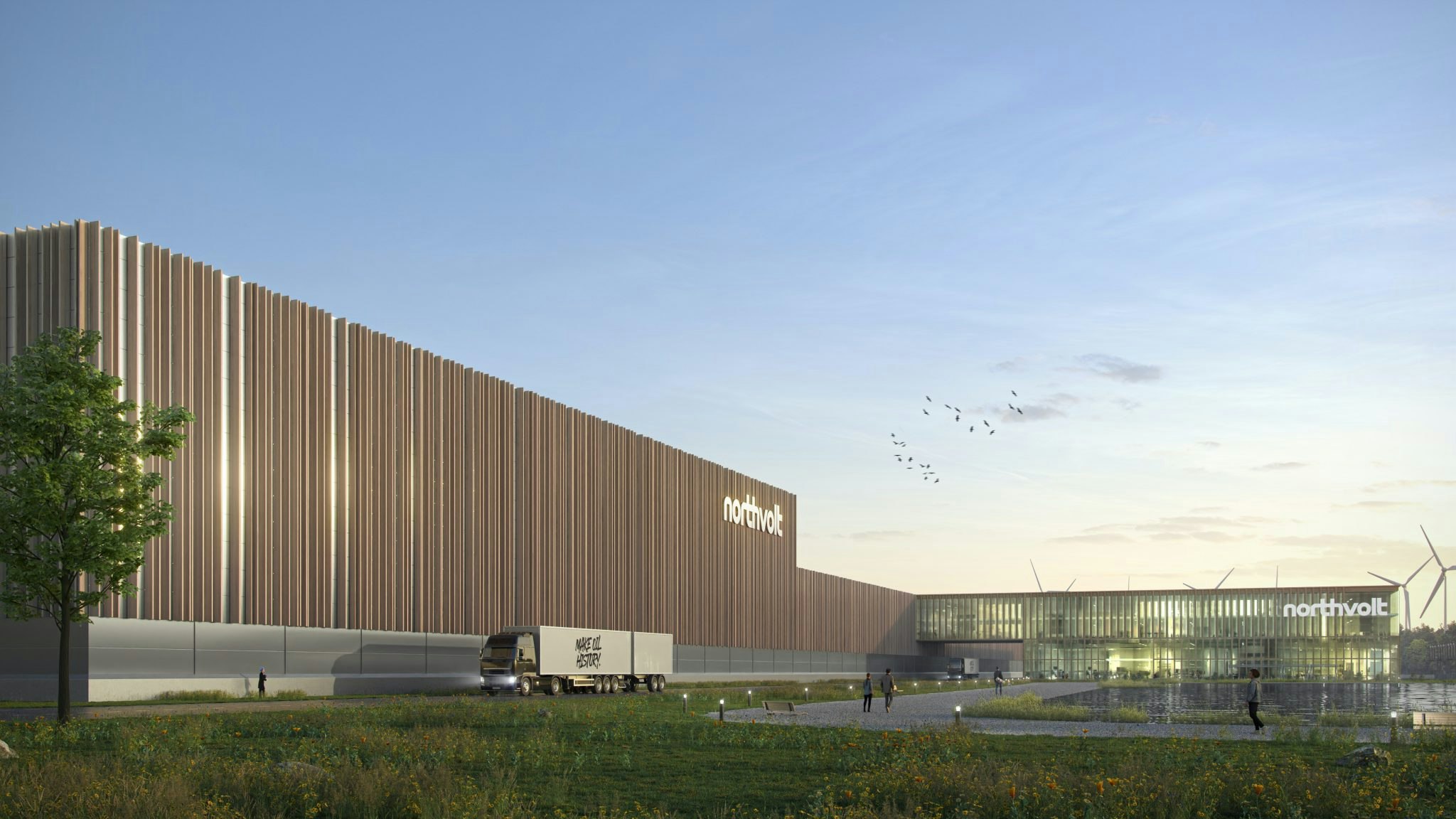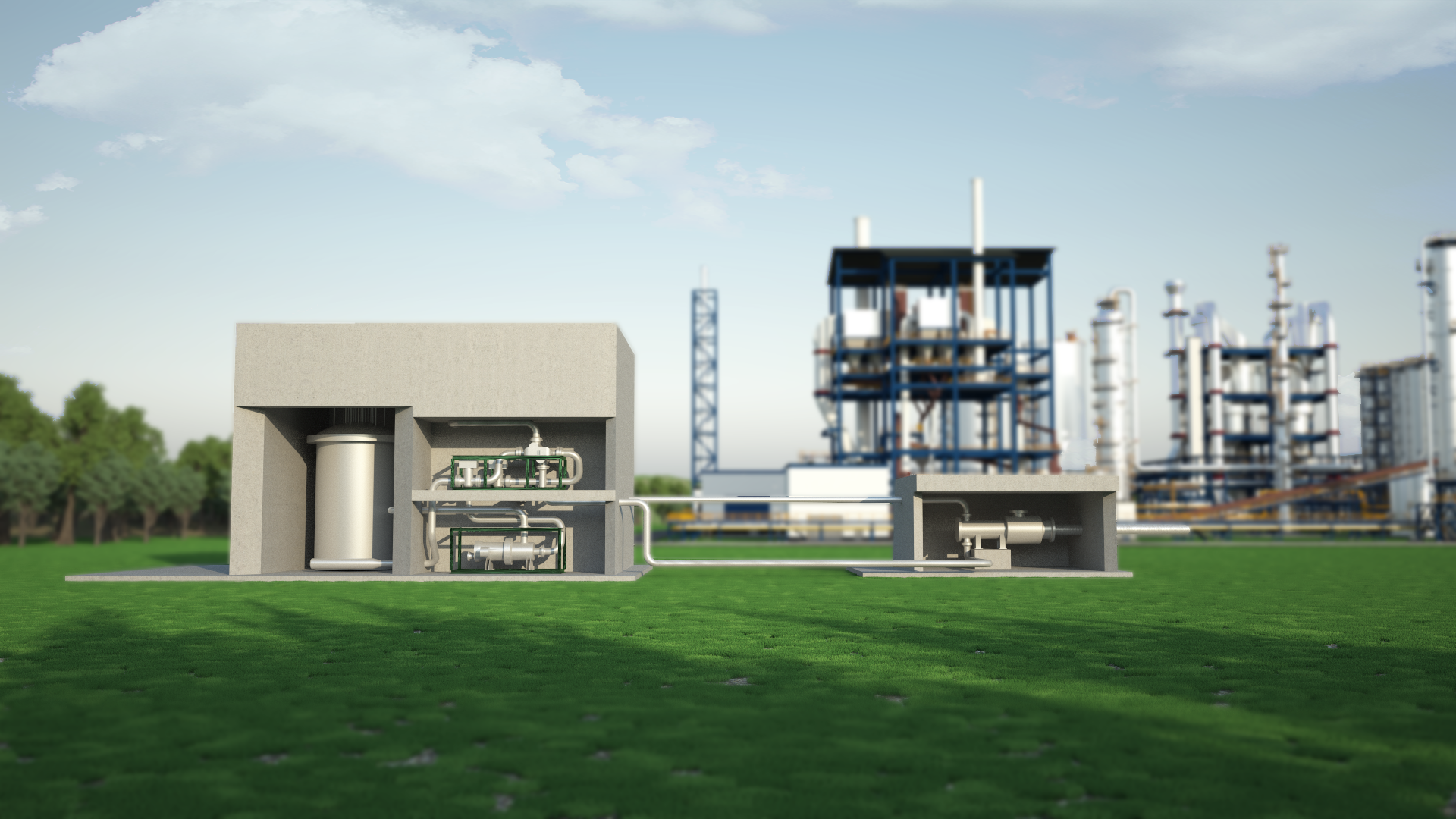With skyrocketing energy prices, labour shortages, climate change and a rapidly rising global population, farming is a sector under pressure. Agritech has a significant role to play in addressing these challenges; however startups in Europe can be limited by space, capital and access to talent.
Established markets in North America could be the answer to cultivating change — with more funding options, larger markets and more physical space for R&D and manufacturing — but how can European startups capitalise on these opportunities?
To answer that, we took a look at the Western Canadian province of Alberta. It spans 660k square kilometres, including 20.3m hectares (50.3m acres) of farmland, which grows row crops like cereals, canola and pulses. It’s also famous for its “Alberta beef” — 60% of the Canadian cattle herd is based in Alberta.
“The agritech sector is a thriving hub for sustainable food production and environmental stewardship,” says Ryan Murphy, investment director, agriculture at Invest Alberta. “Alberta has a diverse and supportive innovation ecosystem that covers the spectrum, from on-farm agritech, hemp and plant-based protein to cellular agriculture and the bioeconomy — and everything in between.”
Thinking about expanding to North America? RSVP to this Sifted Talks on October 25 where we'll be dissecting the growth opportunities offered by the US and Canada.
Built to thrive
In the agriculture sector, Alberta aims to nurture talent and support up-and-coming businesses.
SVG Thrive, the world’s largest agrifood investment platform supporting early-stage startups, calls Alberta home for its Canadian operation — as does Creative Destruction Lab-Rockies and Plug and Play, both global accelerators that have a focus on agritech.
Our ability here is to do things at scale
When it comes to education, there are three colleges in Alberta that are heavily focused on practical, industry-driven applied agritech research: Lakeland College, Lethbridge College and Olds College. Olds College has 1,460 hectares (3,600 acres) of farmland and conducts research and supports agritechs to get them to market.
“Here at the college, roughly 280 different startups have come through our doors since 2018 — and we've done projects with 60-70% of those,” says Todd Ormann, vice president development at Olds College.
“Our ability here is to do things at scale, but we also have very significant capabilities in terms of engineering, data management, agronomy and animal husbandry. We use that mixture to help support startups in this community.”
Murphy says agritech companies and equipment manufacturers from around the world are approaching these colleges to have them test and validate their products and technologies.
“This is because they recognise the importance of commercial-scale application and reputable third-party validation, and it gives these companies first-in-line access to tremendously skilled and adept graduating talent,” he says.
This emerging talent is what some of the European agriculture sector is keen to use and replicate, as labour shortages in the continent’s agriculture sector rumble on.
As of 2021, 64.8% of Albertans aged 25 to 64 had completed a post-secondary programme, which includes over 21k Albertans holding degrees in agriculture and related sciences. The agrifood industry currently employs over 69k Albertans.
An expansive market
Christine Lewington is CEO at PIP International, an agritech startup based in Alberta that produces pea protein using advanced proprietary processes and sustainable technologies. PIP has gone from a lab to a large pilot in just under two years and now calls a 20k square foot facility in Southern Alberta home.
Alberta is a strong agricultural environment with extended support services for agritech businesses
Its current capacity is around 2,000kg of pea protein per day — and PIP is working to complete a 650 square metre expansion by early 2024 to accommodate the increasing demand.
“Alberta is a strong agricultural environment with extended support services for agritech businesses,” says Lewington. “In Southern Alberta, there are over 120 food-processing facilities with a skilled workforce to draw from.”
Lewington adds that the government is continually working with industry to ensure that their needs are heard and they develop specific programmes around these ever-changing needs.
“Land is varying across Alberta, and the incentives are generally provided through tax rebates and reduced tax burdens,” she says.
Lewington notes that hiring in Alberta can be “as difficult as it seems to be anywhere”, but when the time comes to grow the business, PIP will work closely with the Alberta government to allow skilled talent to easily enter Alberta from abroad. This is an advantage Canadian locations have over their US peers, who are limited by strict immigration caps.
The sharing of talent from across borders is a point reiterated by Ormann. He says that around a third of the workforce of significant agriculture players in Calgary — like BASF and Corteva — are often not from Canada, but come to the region to grow their careers in the sector.
“Three cities that have strong agricultural offices are Minneapolis, Denver and Calgary,” says Ormann. “The ability to be integrated into that system means that when you’re coming into the Alberta market, you’re coming into the North American market.”
Expansion opportunities
From a market entry perspective, Canada currently has 15 free trade agreements with 51 different countries — together, these agreements cover 1.5bn consumers worldwide. Alberta also offers easy access to other global markets, like the West Coast’s Asian port connectivity.
Alberta’s strong economic stability, lower cost of living and high quality of life speaks to those with ambition and dreams — especially entrepreneurs
Within half a day, products can be transported to Canada’s west coast to be loaded onto ships headed for Asia and other destinations around the world. By ground transportation, a market of 50m people is accessible within 24 hours from Calgary and 28 hours from Edmonton, including major US centres like Los Angeles, Phoenix, Denver and Chicago.
“People are moving to Alberta because they recognise it is an amazing place to start up or scale up a business,” says Murphy. “Alberta’s strong economic stability, lower cost of living and high quality of life speaks to those with ambition and dreams — especially entrepreneurs.”
Murphy says business advantages offered by Alberta include the lowest corporate tax rate in Canada, lower operational costs and a business-friendly regulatory environment. And when it comes to land options, Alberta is blessed with a significant land base that is affordable — especially by European standards.
A more specific example of an agriculture-focused incentive offering by Alberta is the one for food-processing companies. Alberta’s Agri-Processing Investment Tax Credit was introduced in 2023 and offers a 12% tax credit to companies investing CAD$10m or more in agri-processing facilities. If the company’s intent is to export its products, the province has grant programmes in place to help facilitate foreign market development.
“Many of our ways of working are similar in nature to Europe,” says Ormann. “As long as you understand that and understand how to work in those markets, it’s not difficult for a European company to come into the North American market.”



